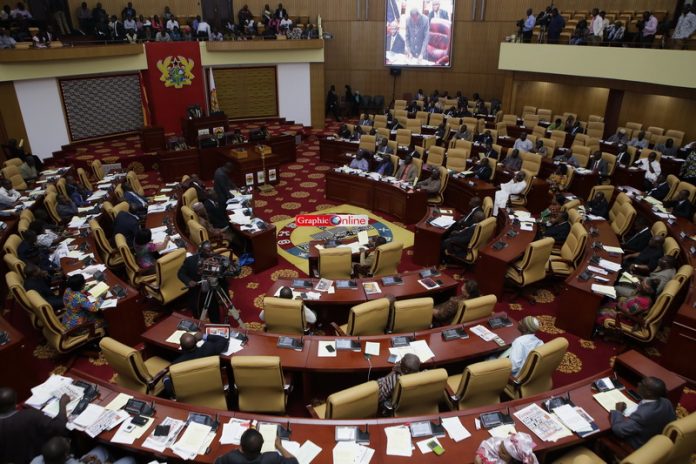|
Getting your Trinity Audio player ready...
|
Is it really the case some first-time appointees stress the party will lose 2020 for which they seek refuge in Parliament? My answer is a big NO.
I have read a surfeit of posts from mostly National Democratic Congress (NDC) faithful implying the attempt by non-MP ministers/ appointees to go to Parliament on the ticket of the ruling New Patriotic Party (NPP) suggest such people foresee doom for their political party in the 2020 Presidential election and need political anchorage in Parliament. Of course, the aspirants have personal reasons for their parliamentary route which are overtly not disclosed.
I will try and subjugate this argument with two thematic views.
To start with the benefits to the non-MP candidate are as follows;
-(S)he brings to the table a constituency which makes his/her elevation in the 2nd term much easier. If (s)he was a deputy minister, (s)he gets the opportunity to be elevated to a substantive minister or even a deputy minister to a ‘juicy’ ministry. If he was a CEO he is likely to be elevated. Examples are Fiifi Kwetey, Ablakwa, Murtala, Mark Woyongo, Nii Lante in 2nd term of NDC.
Furthermore, executive appointees are termed as ‘Birds of passage’ (s)he can lose the appointment anytime. Once the person gets to Parliament, losing his/her executive position in the 2nd term is not the end because (s)he is a parliamentarian. George Aboagye was an example. James Agyenim Boateng lost his position as deputy minister. He would have been in the political sphere if he was an MP.
Importance of such candidates to the National party are as follows;
First-time non-MP appointee candidates have played critical roles in improving the votes % in their constituencies and thus reducing the votes on main opponents.
A cursory look at the results of 2012 for the first-time non- MP appointee candidates of the NDC show how such actors helped a lot.
Eg. Hannah Bissiw of Tano South (a non-MP deputy minister) was able to take the seat from NPP with 51.5% from 43.5% in 2008.
Samuel Okudzeto of North Tongu appreciated votes from 78.6% in 2008 to 90.5% in 2012.
Montana (deputy minister) of Nanton won the seat for the NDC in 2012 from 41.5% in 2008 to 52.7%. Amidu Sulemani did the same.
Even with Fiifi Kwetey and Ebenezer Terlarbi though they didn’t appreciate they were able to reduce the votes of the main opposition party in the various constituencies
Moreover, the resources such candidates bring to fore are enormous and help the local campaign team focus with less reliance on the national campaign for logistics.
An utmost number of such candidates similarly help the presidential candidate to concentrate more on the knotty constituencies to maximise votes.
The appointees who will win their primaries and those who have already won primaries are bringing on board political muscles to make the 2nd term a reality than the misconception of a possible threat in 2020 for the ruling party.
By Krobea Kwabena Asante, Accra






Nice article